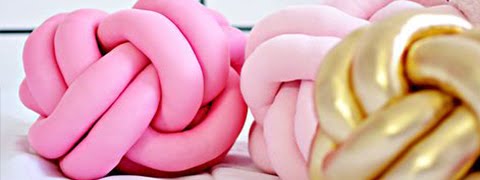Duck syndrome, also referred to as the Stanford duck syndrome or ugly duckling syndrome, is not formally recognized as a mental illness but refers to a phenomenon that has primarily been described in college students. Specifically, it is thought to afflict students who are overly invested in looking like they have it all together, and like a duck, appear to be calm and placid on a superficial level but are paddling frantically to "stay above water" in terms of meeting the academic, social, and community demands of getting a college education or beyond. Duck syndrome seems to be one way that depression, anxiety, or the initial stages of many mental illnesses can appear (manifest), usually in reaction to stress. Due to the known potentially devastating consequences of depression or anxiety, duck syndrome should be taken quite seriously and aggressively treated. Read more here
What is the treatment for duck syndrome?
Treatment for duck syndrome may include alleviating any medical condition that causes or worsens the associated depression, anxiety, or other mental illness. For example, a person who is found to have largely fluctuating blood sugar levels might receive medication to keep their blood sugar levels stable. Other aspects of treatment may include supportive therapy, like lifestyle and behavioral changes, psychotherapy, and possibly medication for moderate to severe emotional symptoms. If symptoms are severe enough that treatment with medication is appropriate, the individual will likely improve faster, more robustly, and for longer when medication is combined with psychotherapy.
Psychotherapy ("talk therapy") is a kind of mental-health counseling that entails working with a trained therapist to figure out ways to solve problems and cope with depression. It can be a powerfully effective intervention, even resulting in positive biochemical changes in the brain. Two major kinds of psychotherapy are commonly used to treat depression, anxiety, and other mental-health conditions and are therefore likely an effective intervention for duck syndrome: interpersonal psychotherapy and cognitive behavioral therapy. In general, these forms of treatment take weeks to months to complete and have a goal of alleviating depressive or anxiety symptoms. More intensive psychotherapy may be needed for longer when treating very severe mental-health symptoms.
Interpersonal therapy (IPT): This form of psychotherapy seeks to alleviate depressive or anxiety symptoms associated with duck syndrome by helping the sufferer develop more effective skills for coping with their emotions and relationships. IPT uses two strategies to achieve those goals:
- Educating the person about the nature of their emotional symptoms: The therapist will reassure the sufferer that stress is a common phenomenon and that most people tend to improve with treatment.
- Defining problems (such low self-confidence or relationship problems): Once problems are defined, the therapist can help the individual set realistic goals for solving these problems and work with him or her using different treatment techniques to reach these goals.
- Cognitive behavioral therapy (CBT): This approach to psychotherapy can help decrease the depression or anxiety that often presents as duck syndrome and the likelihood it will come back by helping a duck syndrome sufferer change his or her way of thinking about certain issues. In CBT, the therapist uses three techniques to achieve these goals.
- Didactic component: This phase helps to establish positive expectations for treatment and promote the person's investment in the treatment process.
- Cognitive component: This encourages understanding the thoughts and assumptions that play a role in the individual's behaviors, especially those that may predispose the sufferer to be depressed, anxious, or otherwise stressed.
- Behavioral component: This uses behavior-modification techniques to teach the duck syndrome to suffer healthier, more effective ways of coping with problems.







.png)






























No comments